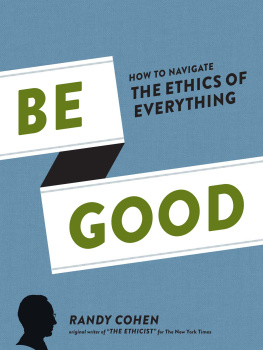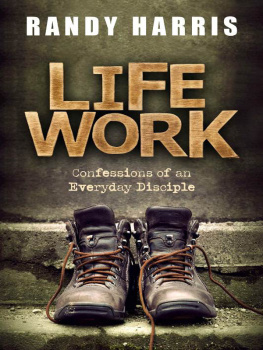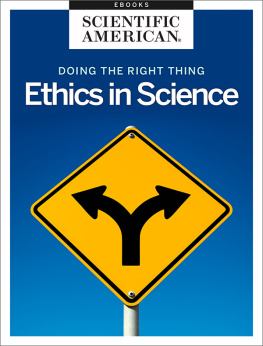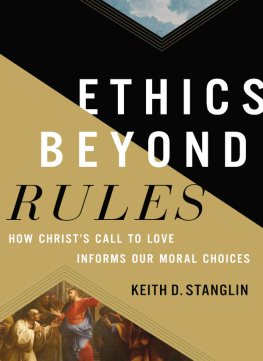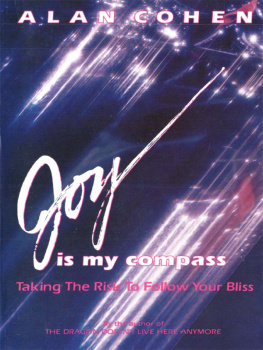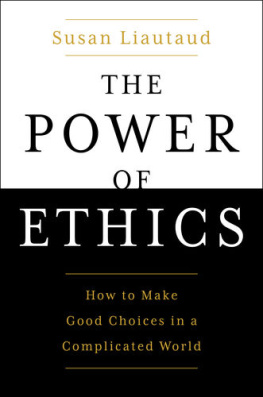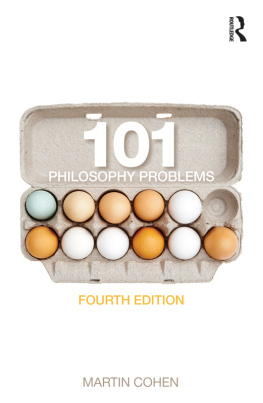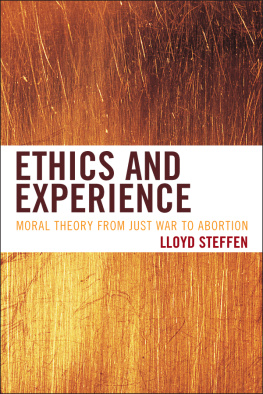Be good and you will be lonesome.

I WROTE THE ETHICIST FOR THE NEW YORK TIMES MAGAZINE FOR TWELVE years: 614 columns. I loved my job, especially the interaction with the readers. I admired the moral seriousness of their questions and the astuteness of their criticismoften fierce, occasionally discourteous, never sufficiently threatening to report to the police. But close. And thats fine. Ethics is a subject about which honorable people may differ. I was less sanguine about readers who disparaged not my argument but my character or my shoes or my nose, attacks that generally concluded, You should be ashamed. I blame the anonymity of e-mail. And underprescribed medication.
From time to time the readers persuaded me that I waswhats that ugly word?wrong. Then I would revisit a column and recant my folly. I first did so when readers powerfully asserted that yes, you could honorably bring your own food to the movies, despite a theaters prohibition. Another mea culpa ran close to Yom Kippur, Judaisms day of atonement, leading some readers to infer that I was fulfilling a religious obligation. Not so. Sheer coincidence. Ive taken a resolutely secular approach to ethics in the column and in my life.
Neither on nor off duty did I seek moral guidance from a spiritual leader of any faith. I did consult members of the clergy for their technical expertise when a question impinged on religious doctrine. For instance, must you warn an observant Jewish in-law that, contrary to what he supposes, the soup hes about to eat is not kosher? I am grateful for their erudition and generosity and that of others who advised menurses and doctors, lawyers and librarians, scholars in dozens of disciplines, and the odd interior decorator (a profession that is indeed governed by a formal code of conduct). Apparently it is possible to do wicked things with fabric swatches. We should not.
At first, I was disconcerted when asked about religious law or medical ethics, being trained in neither. But I came to see that what the readers often sought was not a ruling on what to dothey seemed to knowbut an argument for why to do it. They sensed that they shouldnt shoot the dogeven if it is a horrible dog: it barks incessantly; it befouls the couch. I was to provide a reasoned case for treating it with kindness. We should.
I received many questions about animals and even more duty-to-report questions: Must you blow the whistle on a friends adulterous spouse, a tax-dodging repairman, an undocumented employee? The column did not focus on lofty public policy but everyday ethics: May you move to high-priced unoccupied seats at a ball game? May you pocket lots of motel soap and donate it to the homeless? Modest problems, perhaps, but when dissected they revealed much about power, money, race, class, gender, the mutual obligations and unspoken assumptions that connect usthe very things that public policy so often must deal with.
These twelve years brought no radical shift in the sort of queries I received, unsurprisingly; real social change and its attendant moral uncertainty occur slowly. There have been sudden flurries of questions responding to newsworthy events. Immediately after 9/11, many people sent disheartening variations on an e-mail that began, My neighbor might be Pakistani and ended, Should I call the FBI? Happily, such paranoia (with its maladroit crime-fighting tips) was ephemeral, in the column if not entirely in the larger world.
A more gradual and persistent change has been the emergence of queries sparked by the Internet. Some involved intellectual property: illegal music downloads, students failure to cite online sources. Others concerned evolving ideas of privacy, derived from experiences with Facebook and Google.
I say, with some shame, that there has been no such gradual change in my own behavior. Writing the column has not made me even slightly more virtuous. And I didnt have to be: it was in my contract. Okay, it wasnt. But it should have been. I wasnt hired to personify virtue, to be a role model for the kids, but to write about virtue in a way readers might find engaging. Consider sportswriters: not two in twenty can hit a curveball, and why should they? Theyre meant to report on athletes, not be athletes. And thats the self-serving rationalization Id have clung to had the cops hauled me off in handcuffs.
What spending my workday thinking about ethics did do was make me acutely conscious of my own transgressions, of the times I fell short. It is deeply demoralizing. I presume it qualifies me for some sort of workers comp. This was a particular hazard of my job, but it is also something every adult enduresevery self-aware adultas was noted by my great hero, Samuel Johnson, the person I most quoted in the column: He that in the latter part of his life too strictly enquires what he has done, can very seldom receive from his own heart such an account as will give him satisfaction.
J. M. Barrie, best known as the author of Peter Pan, made a similar observation: The life of every man is a diary in which he means to write one story, and writes another; and his humblest hour is when he compares the volume as it is with what he vowed to make it.
Dickens put it this way in Martin Chuzzlewit: Regrets, said Martin, are the natural property of gray hairs; and I enjoy, in common with all other men, at least my share of such inheritance.
To grow old is to grow remorseful. And although writing the column did not require me to be a paragon, I hoped not to be a hypocrite. As the column gained readers, I grew mindful of how unpleasant it would be to face the public embarrassment of some variation on this headline: Ethicist Caught Being Unethical.
Eventually it happened. I was buying bagels at the Gourmet Garage when my regular checkout woman said, Your picture is in the New York Post. I said, No, its not. She said, Yes, it is. We could have continued cycling through that exchange for hours, but the customers in line behind me were growing restive, so she reached under the counter and pulled out that days paper. My picture was in the New York Post, illustrating a full-page article denouncing me along with many other journalists for donating money to political organizations. I was astonished; Id never been called a journalist.
The piece in the Post rehashed an article from www.msnbc.comnot the liberal television network, but what was then a conservative Web siteunder the headline 143 Despicable Journalists Who Took Sides And Should Be Fired And Imprisoned. I may be misremembering. Slightly. My alleged moral failing: some years earlier, I donated $585 to the liberal activist organization MoveOn.org. The article forced me to confront a personal failingI was a penny-pincher. Many of my coprofessionals had been far more generous than I.
My donation violated a Times work rule, but it was a bad rule and, in my view, flouting it was not unethical. It has long been a near universal stricture of journalism that a reporter may not participate in an event that he or she is covering. If your beat is, say, the auto industry, you cant join in a rally of autoworkers or donate money to a carmakers lobbying organization. To involve yourself or your cash so directly could erode your ability to be objective. Abe Rosenthal, a former executive editor of the Times, crystallized this precept: You can fuck an elephant for all we care, as long as you dont cover the circus.

